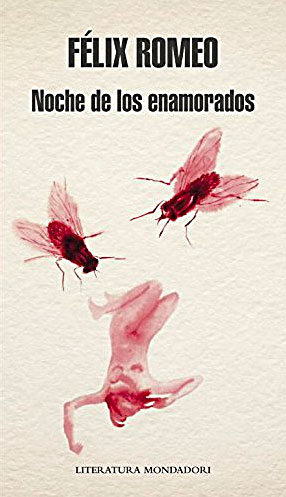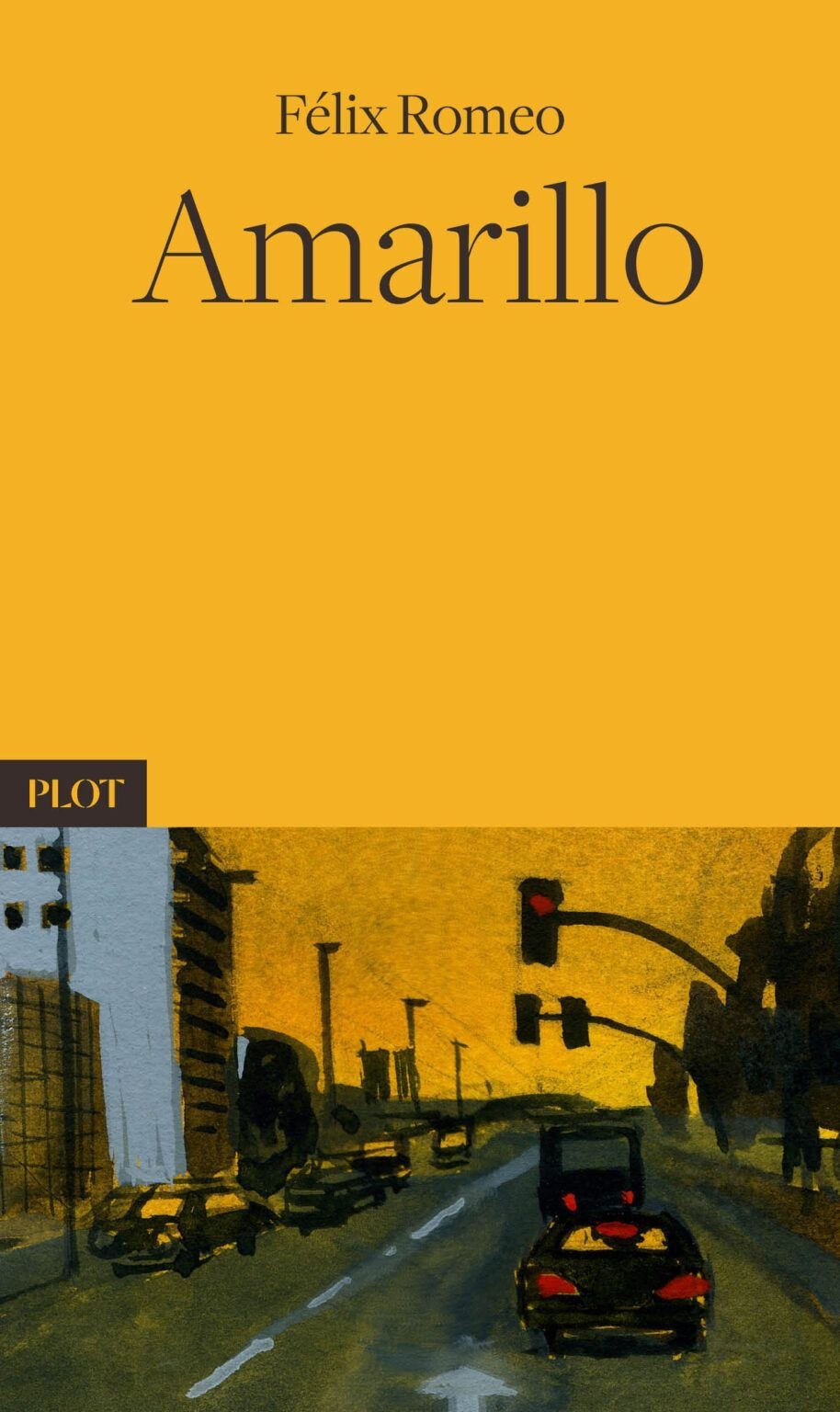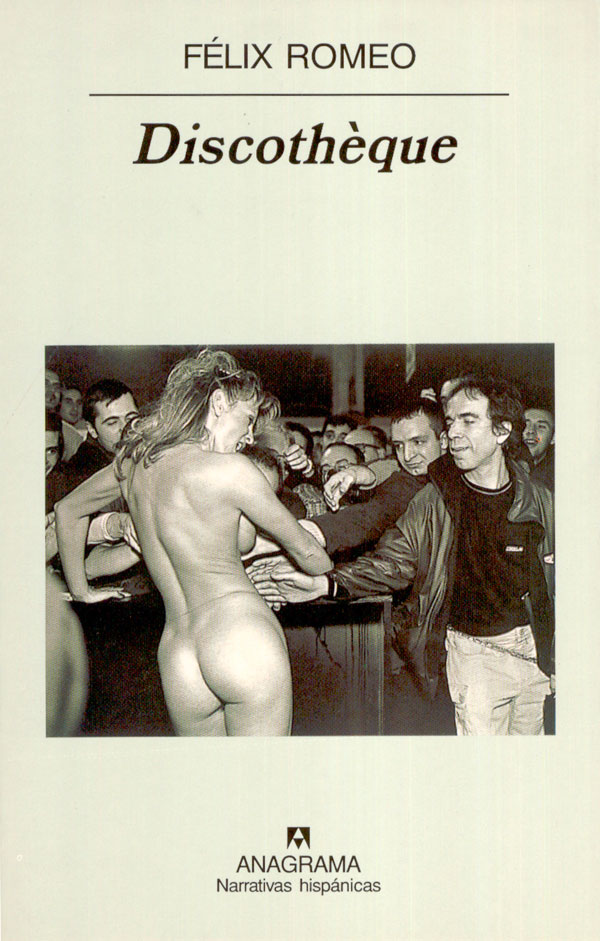Félix Romeo (Zaragoza, 1968 – Madrid, 2011) started his literary career in 1995 with the celebrated novella Dibujos animados (Mira Editores, 1995; Plaza & Janés, 1996; Anagrama, 2001) which was awarded the Ícaro Award. Discothèque (Anagrama, 2001) was his second book and was followed by Amarillo (Plot, 2008). Félix Romeo was a regular contributor to the Spanish cultural media. He died prematurely at the age 43, leaving an unpublished manuscript about a friend he met in Torrero’s prison, where he was arrested for be a draft-dodge, on 1994 and 1995. The manuscript was published a posthomous novel entitled Noche de los enamorados (Mondadori, 2012).
Also in 2012, Xordica published Todos los besos del mundo, a selection of his finest short stories.
His intellectual legacy, as befits a lover of the written word, is Las cuatro novelas (DeBolsillo, 2013), bringing together in one volume the novels Dibujos animados, Discothèque, Amarillo and Noche de los enamorados.
👁🗨 «It would be no great stretch to compare him to the protagonists of Saul Bellow’s novels, one of those larger-than-life intellectuals who, much like Humboldt or Ravelstein, seem to embody humanity in all its magnificent contrariness.» Javier Cercas

Félix ROMEO

Félix Romeo (Zaragoza, 1968 – Madrid, 2011) started his literary career in 1995 with the celebrated novella Dibujos animados (Mira Editores, 1995; Plaza & Janés, 1996; Anagrama, 2001) which was awarded the Ícaro Award. Discothèque (Anagrama, 2001) was his second book and was followed by Amarillo (Plot, 2008). Félix Romeo was a regular contributor to the Spanish cultural media. He died prematurely at the age 43, leaving an unpublished manuscript about a friend he met in Torrero’s prison, where he was arrested for be a draft-dodge, on 1994 and 1995. The manuscript was published a posthomous novel entitled Noche de los enamorados (Mondadori, 2012).
Also in 2012, Xordica published Todos los besos del mundo, a selection of his finest short stories.
His intellectual legacy, as befits a lover of the written word, is Las cuatro novelas (DeBolsillo, 2013), bringing together in one volume the novels Dibujos animados, Discothèque, Amarillo and Noche de los enamorados.
👁🗨 «It would be no great stretch to compare him to the protagonists of Saul Bellow’s novels, one of those larger-than-life intellectuals who, much like Humboldt or Ravelstein, seem to embody humanity in all its magnificent contrariness.» Javier Cercas




